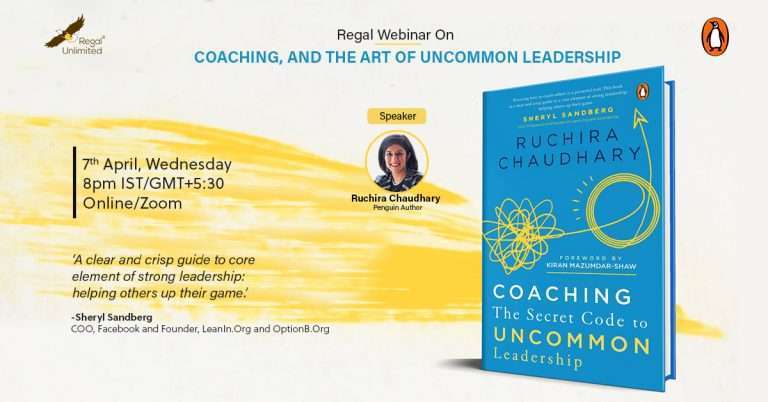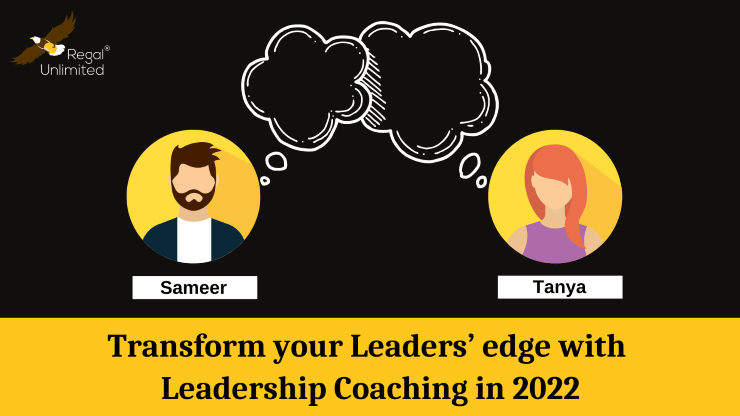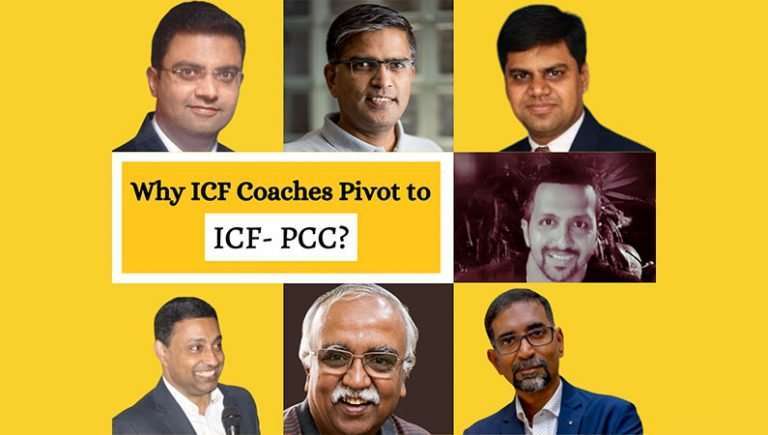2019 – Batch 1
The first RCC batch in 2019 consists of leaders from the corporate space. Experienced and successful, also keen to sharpen their leadership skills for bigger roles, handle more challenges that may come up and hence live to their potential.
Session: 1
We started the first session, on a Saturday afternoon. January, 5th, 2019.
Saturday morning is our my most preferred slot, to start a program. But then, if afternoon is what the leaders wanted, we just go with it.
We had a quick round of introductions. Also briefly discussed why introductions here was different. For it was closely linked to a discovery session in a coaching engagement.
Then we started off asking why they were in the room, what were their expectations, in classical coaching approach. Some inputs were on these lines
- IQ to EQ – develop emotional intelligence in handling people, senior managers, across functions
- Face challenges at work in leading
- To grow in the corporate career, next level
- Work on a few aspects of myself
- Technically good, skills for next levels
- Read, react to a situation
- Tap into intuition – how many leaders look at this as a possibility?
- Adjusting to the culture
- Have been coaching at work, want a structure to it.
- Understand how others perceive me
- Understanding self
- Formal leadership style
- Develop my leadership style (we briefly discussed Daniel Goleman’s 6 styles of leadership)
We articulated our own expectations from the batch too
We shared what would be the broad structure of the overall program, and individual sessions. The focus was on coaching competencies, practice sessions and practical application at work, in life. Also the assigments between sessions, which were most critical to the learning process.
Talking of the process to trust the overall process, methodology and coaching as leadership skill.
What is coaching?
The word coaching is used very loosely. It can be sports training to tuition classes for kids. The approach here is all about cutting costs.
ICF definition of Coaching – as partnering with clients in a thought-provoking and creative process that inspires them to maximize their personal and professional potential
An overview of ICF coaching competencies were discussed
What is not coaching?
What is mentoring, therapy, counseling, etc? How are they different from Coaching?
As we practice coaching at work, two things we should be aware of :
Listening skills
Performance pressure
Session 2: We decided to connect on Monday, 8 PM!
We started the discussion by asking ourselves, ‘how we rated our listening?’.
At the core of coaching ( and leadership), one key skill is listening – active, deep, empathetic listening.
We discussed the details of listening as explained in ICF coaching competencies.
Coaching is about moving from telling to listening. Also, move from telling to asking. (#Tell2Ask). And then listening to the response, what is said and unsaid!
‘Everyone needs a coach’ – discussed the same.
Also ‘Coaching for Performance’, the book on Coaching for leaders.
‘Coaching is for Leaders’
Session – 3
We seem to settle down to Monday evening 8 PM, with both 3rd and 4th session scheduled two consecutive Mondays. That speak volumes about the learning inclination of the leaders in the group.
We discussed the assignments, how the week has been and what is happening otherwise in the leadership space for them. Based on the response, the awareness has gone up. They are more mindful of their listening and open to discuss too.
We then shifted gears to GROW model.
Goal is the key to coaching and the starting point for GROW.
We also discussed SMART goals, from a coaching perspective. We played a guess game as to what the acronyms PURE and CLEAR stood for them. Needless to add, they were very close in their guesses.
We also discussed our coaching model – R_E_G_A_L, being GROw + Light. The triangle/pyramid also prompted us to briefly discuss Maslow’s hierarcy of needs, with special emphasis on esteem needs.
We discussed also the ICF coaching competencies, 1 and 2
1 Setting the Foundation
1. Meeting ethical guidelines, Professional standards
2. Establishing the coaching Agreement
Then we moved to the important part of this journey – coaching practice. We started off with a demo by us, client being one of the participants. Focus was on the situation and maintaining high standards.
These practice sessions and role plays are our USP. That is when all things come together for the learner leaders/coaches.





